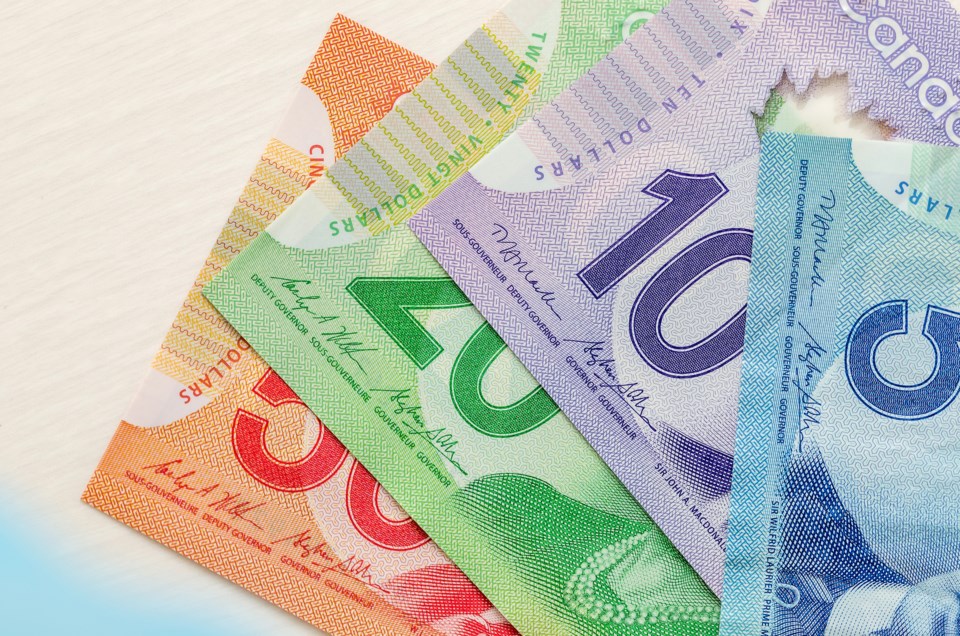The more dollars the government prints, the less your dollars buy. That’s the inflation tax and it’s a key reason why life is getting more expensive.
Through its Bank of Canada, the federal government prints new dollars every time the central bank buys a financial asset such as a government bond.
The government’s printing press has been on overdrive during the pandemic. The Bank of Canada has created about since February 2020. That’s a 300 per cent increase during the pandemic, which is significantly higher than what occurred during the recessions of the 1980s, 1990s and 2008-09. The 300 per cent growth over the last year and a half rivals the growth in assets held by the central bank during the entire six years of Second World War.
With this amount of printing, it’s no surprise that prices are rising.
Statistics Canada reported that consumer prices increased by in a year. In two decades, consumer prices have increased by more than .
From tax hikes and red tape to supply-chain disruptions, there’s a myriad of factors that raise prices at any moment. But the constant march of higher prices also stems from the government’s ability to create new money with the stroke of a keypad and inability to create new homes or farmland out of thin air.
Politicians’ deficit spending directly influences the government’s inflation tax.
A large chunk of what politicians spend is funded by taxes. But their deficit spending is borrowed from investors, insurance companies, pension funds and new dollars printed by the Bank of Canada.
Government of Canada bonds make up of the central bank’s assets. During the 2020 budget year, federal politicians ran up a deficit. During that time, the central bank created new dollars to buy up $275 billion worth of government of Canada bonds.
The 2021 federal budget projects a deficit of $155 billion, or $3 billion per week. By a remarkable coincidence, a few days after the budget was released, the Bank of Canada it would purchase $3 billion of government of Canada bonds every week. That sure seems like using the printing press to fund Ottawa’s deficits spending.
The government’s inflation tax is more pernicious than simply making it harder for Canadians to put food on the table.
For starters, inflation is an undemocratic form of taxation.
Politicians must vote before they raise taxes, and Canadians immediately know when a tax has been hiked. But politicians don’t vote to raise money through the Bank of Canada. And how many Canadians know the printing press created $370 billion during the pandemic?
The inflation tax also hands wealth to those who are closest the printer. That’s because those who receive the new money first spend those dollars before prices rise. Canadians who receive the new money later watch their real incomes decline.
Frivolous government spending and years of easy money have landed the feds between a rock and a hard place. Will politicians rein in their deficit spending? All major parties want to spend billions more. Will Ottawa allow interest rates to rise to fight its inflation? That would cause a lot of pain.
University of Calgary economist Jack Mintz that “just a one-point increase in interest rates would then increase the annual deficit by close to $5 billion.” In 2020, the debt held by Canadian families hit for the first time. An increase of just 1.5 percentage points in interest rates could double the monthly mortgage payment for some homeowners, to CIBC.
Higher prices are showing Canadians that there’s no free lunch when it comes to government spending. Any politician who wants to help Canadians stretch their paycheques and savings must tackle the government’s deficit spending, printing press and inflation tax.
Franco Terrazzano is the federal director of the Canadian Taxpayers Federation





